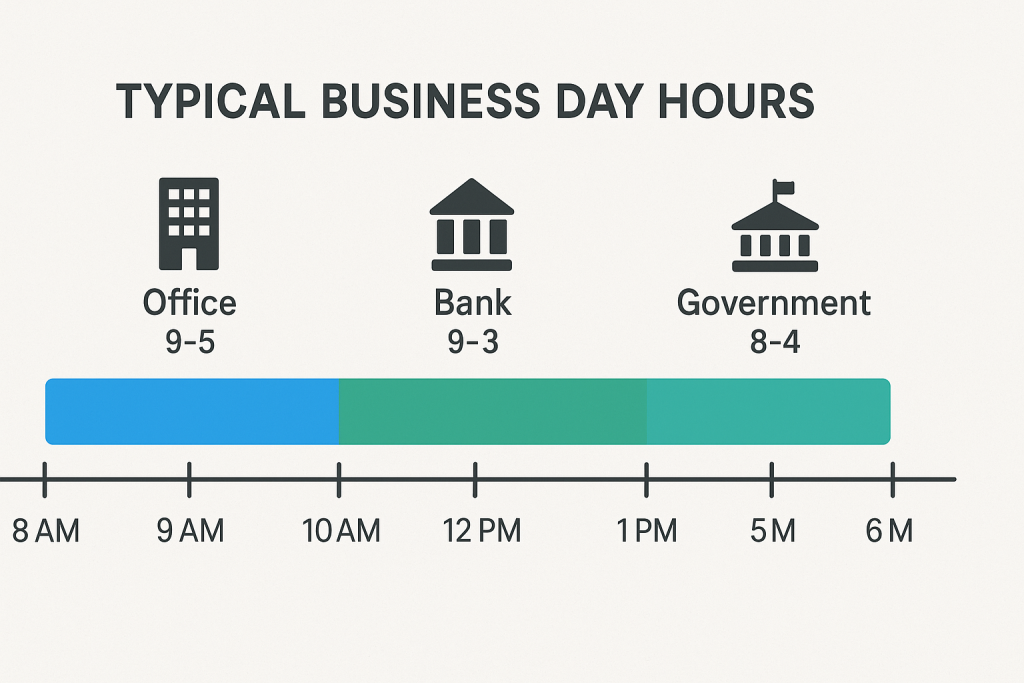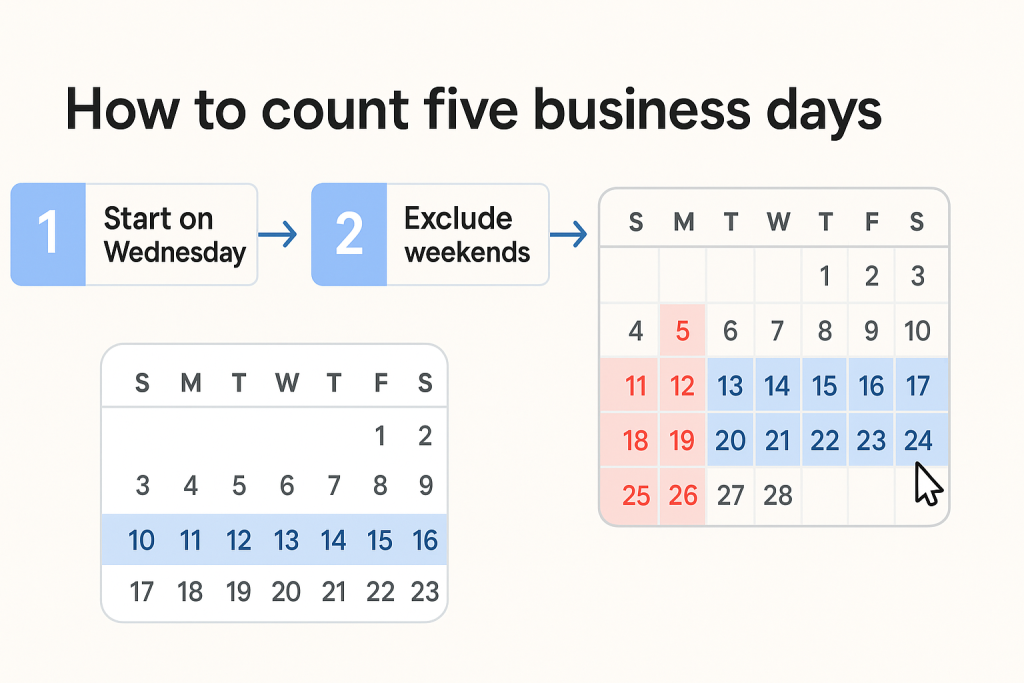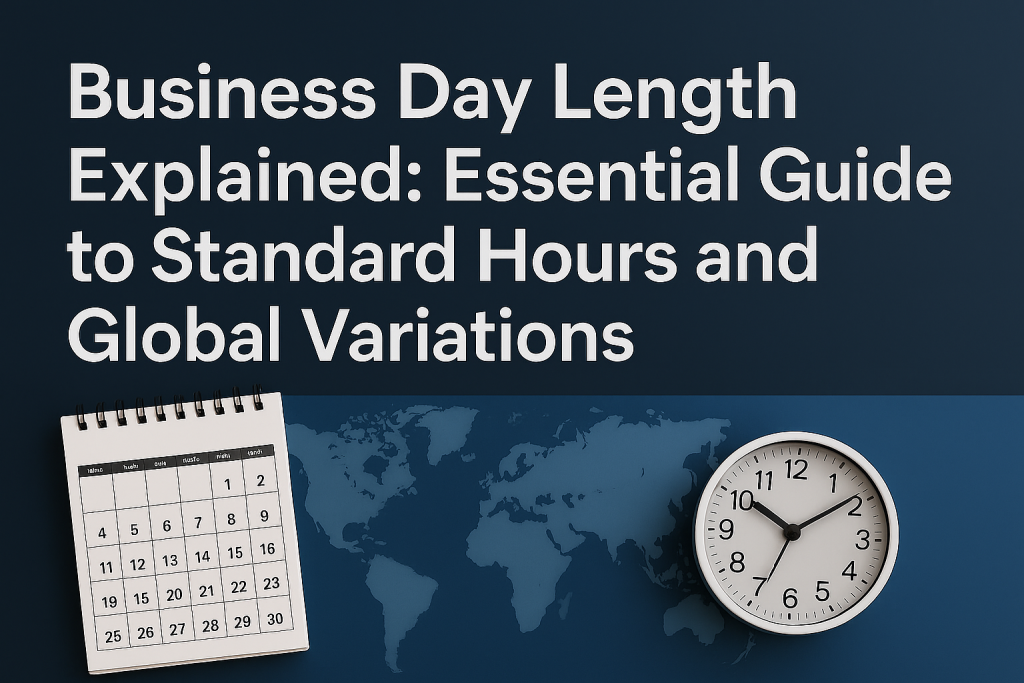What Is a Business Day? Understanding the Basics
The term business day is widely used in contracts, banking, e-commerce, and everyday transactions. But what exactly counts as a business day, and how long does it last? In general, a business day refers to any day when normal business operations are conducted, typically excluding weekends and public holidays. Understanding the length and definition of a business day is crucial for managing deadlines, planning projects, and ensuring smooth transactions across various industries.
While the concept may seem straightforward, the specifics of what constitutes a business day can vary significantly. Factors such as industry standards, local laws, and cultural practices all influence business day calculations. Whether you’re a business owner, employee, or consumer, knowing how long a business day lasts can help avoid costly misunderstandings.
In this guide, we’ll break down the standard length of a business day, examine variations across countries and sectors, and share practical tips to help you manage business day deadlines with confidence.

How Long Is a Standard Business Day?
The most common definition of a business day is an eight-hour work period, typically from 9:00 AM to 5:00 PM local time. This timeframe has become the norm in many countries and industries, especially in office environments and banking. However, the exact hours and expectations can differ based on location, business type, and company policy.
Here’s a breakdown of typical business day hours:
- Standard Office Hours: 9:00 AM to 5:00 PM (8 hours)
- Banking Hours: 9:00 AM to 3:00 PM or 4:00 PM (6-7 hours)
- Government Offices: 8:00 AM to 4:00 PM or 9:00 AM to 5:00 PM
- Retail and Service Industries: Often extend beyond traditional hours based on customer demand

In general, when a contract or company policy refers to “within one business day,” it implies completion by the close of the next full working day, not including weekends or public holidays. It’s important to confirm business day definitions with any organization you’re dealing with, especially for time-sensitive matters.
Global Differences: Business Day Length by Country
Not all countries observe the same business day schedule. International business dealings require awareness of local workweek norms, holidays, and cultural expectations. Here are a few notable variations:
- United States & Canada: Business days are Monday through Friday, typically 9:00 AM to 5:00 PM, excluding federal holidays.
- United Kingdom: The business day runs Monday to Friday, 9:00 AM to 5:00 PM, except for bank holidays.
- European Union: Many EU countries adopt similar hours, though some, like Spain, may have extended lunch breaks (siestas) and end later in the day.
- Middle East: The business week often runs from Sunday to Thursday, with Friday and Saturday as weekends in many countries, such as the UAE and Saudi Arabia.
- Asia: In countries like China and Japan, business days are Monday to Friday, but some sectors work on Saturdays. Business hours may be 8:00 AM to 5:00 PM or longer.

These differences highlight the importance of clarifying local definitions when working with international partners. Always consider time zones, public holidays, and cultural customs to set accurate expectations.
Case Study: International Shipping and Business Days
When you order a product online, the estimated delivery time may be defined in business days. If you buy from a company in the United States on a Friday, and it’s shipped “within two business days,” shipment may not occur until the following Tuesday, factoring in weekends. If a public holiday falls in between, delivery could be further delayed. Being aware of these variables is essential for accurate planning and customer satisfaction.
Industry-Specific Business Day Definitions
Different industries may observe different standards for the length and timing of a business day. These distinctions can impact transaction processing, contract terms, and customer expectations. Here are some common industry practices:
Financial Services and Banking
In banking, a business day is crucial for processing transactions, wire transfers, and loan approvals. Most banks operate Monday to Friday, excluding public holidays, with business hours between 9:00 AM and 3:00 or 4:00 PM. Online banking services may process some actions 24/7, but official “business day” rules still apply for settlements and account changes.
For example, a deposit made on a Saturday may not be processed until the next business day, which could be Monday (or Tuesday, if Monday is a holiday). Understanding these rules is vital for personal finance and business cash flow management.
Legal and Contractual Contexts
Contracts often specify deadlines in business days. The definition must be clearly outlined in legal documents to prevent disputes. For example, a contract might state “payment due within five business days of receipt of invoice.” In case of ambiguity, legal precedent or local law will resolve the length and calculation of business days.
To avoid confusion, legal contracts may include definitions like: “For the purpose of this agreement, a business day means any day other than a Saturday, Sunday, or public holiday in [Jurisdiction].”
Retail and Customer Service
Retailers and service providers often extend hours beyond traditional business times to meet customer demands, but their official business day for processing returns, refunds, or support requests may still be based on standard office hours.
For example, if you request a refund “within three business days,” the company will exclude weekends and holidays from their calculation, even if their store is open seven days a week.
Calculating Business Days: Practical Tips and Examples
Correctly calculating business days is essential for meeting deadlines, especially when dealing with contracts, deliveries, or financial transactions. Here are some practical tips and examples to help you stay on track:
- Always Exclude Weekends and Recognized Holidays: If a task is due in five business days starting on a Wednesday, your deadline would be the following Wednesday, assuming there are no holidays in between.
- Clarify Time Zones: When working with global partners, confirm which time zone’s business days apply to your agreement.
- Check Local Public Holidays: Use online calendars or official government websites to verify holidays that may affect business day calculations.
- Communicate Expectations Clearly: In all contracts and customer communications, define what “business day” means in your context to avoid misunderstandings.

For more accurate business day calculations, consider using online business day calculators or project management tools that account for localized calendars and time zones.
Frequently Asked Questions About Business Days
Does Saturday Count as a Business Day?
In most countries and industries, Saturday is not considered a business day, especially in legal, banking, and office environments. However, some retail and service industries operate on Saturdays, so always verify with the specific business or contract.
How Do Holidays Affect Business Days?
Public holidays are generally excluded from business day counts. If a deadline falls on a holiday, it is typically extended to the next business day. Be sure to check local, national, and religious holidays that may impact operations.
What Is the Difference Between a Calendar Day and a Business Day?
A calendar day includes every day of the week, while a business day only includes working days. For example, “five calendar days” could span a weekend, whereas “five business days” would only include Monday through Friday, excluding holidays.
How Do “Next Business Day” Promises Work?
Many businesses advertise “next business day” for deliveries or services. This means your order or request will be processed on the following business day after your action, not counting weekends or holidays. Always check the company’s cut-off time for same-day processing.
Conclusion: Why Understanding Business Day Length Matters
Whether you’re signing a contract, waiting for a bank transaction, or tracking an online order, knowing how long a business day is can make all the difference. The standard business day is typically eight hours, Monday to Friday, but variations exist by country, industry, and company policy.
By understanding global differences, industry-specific rules, and best practices for calculating business days, you can set realistic expectations and avoid costly delays. Whenever you face a crucial deadline, always clarify what “business day” means for your situation and communicate this clearly with all parties involved.
Staying informed on business day definitions gives you a competitive edge in professional settings—and helps ensure your transactions proceed smoothly, no matter where you do business.


